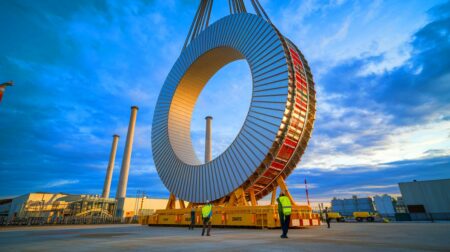The Green Climate Fund has approved funding for three proposals by the African Development Bank for over $110 million to finance renewables in West Africa. The program aims to decarbonize the energy mix in the least developed countries of the region and will help to accelerate private sector investments into solar.
The three projects approved so far include Integrated Development and Adaptation to Climate Change in the Niger Basin, the Democratic Republic of Congo Green Mini-Grid and the Yeleen Rural Electrification Project in Burkina Faso. The projects will be partly co-financed by the European Union, Global Environmental Facility and private investors.
The program will also focus on developing the technical capacity of private and public actors and aims to increase awareness about the benefits of solar among the general public. While projects in the Congo and Burkina Faso will limit their focus to climate, energy, and livelihoods, the one in the Niger Basin will also explore important links between agriculture, biodiversity and climate change. The three projects together are expected to directly benefit around 5 million people and help reduce emissions by almost 8 million tons of CO2.
“We are pleased to partner with the GCF to unlock the first wave of green mini-grid deployment in the DRC and Burkina Faso and to accelerate access to a clean energy system,” Ousseynou Nakoulima, director of the Renewable Energy Department at the AfDB, said. “With innovative business models, these projects will set the stage for scaling up and replication throughout Africa.”
Green Climate Fund, which runs the program, was created to curb greenhouse gas emissions in developing countries and prioritize adaptation in most vulnerable regions of the world. To date, the fund has launched over 100 projects with more than $2 billion in funding. Overall the fund aims to attract a total of $5 billion to significantly cut CO2 emissions.
Did you like it? 4.3/5 (24)








